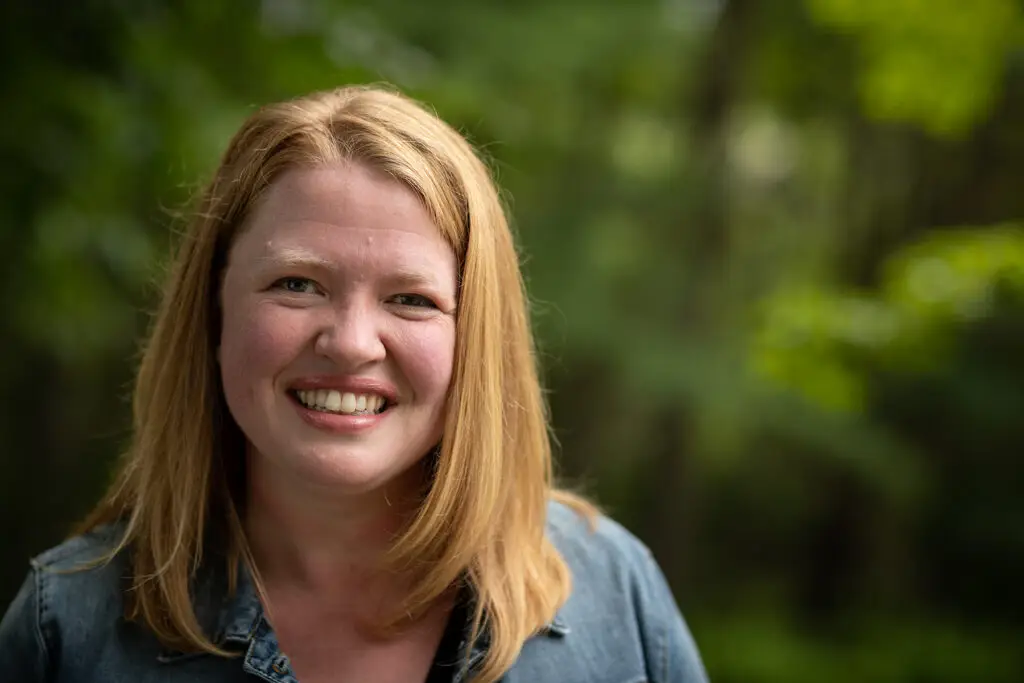Go from reacting in the moment to creating lasting change.
Join us for the free Behavior SOS Summit.
Turn daily battles into breakthroughs. Join 26 experts over 4 free days for practical tools and a framework to decode behavior and create more peace at home and school — without shame, blame, or quick fixes. This Summit is where overwhelm softens, clarity rises, and everything starts to shift.
Oct. 10-13, 2025








